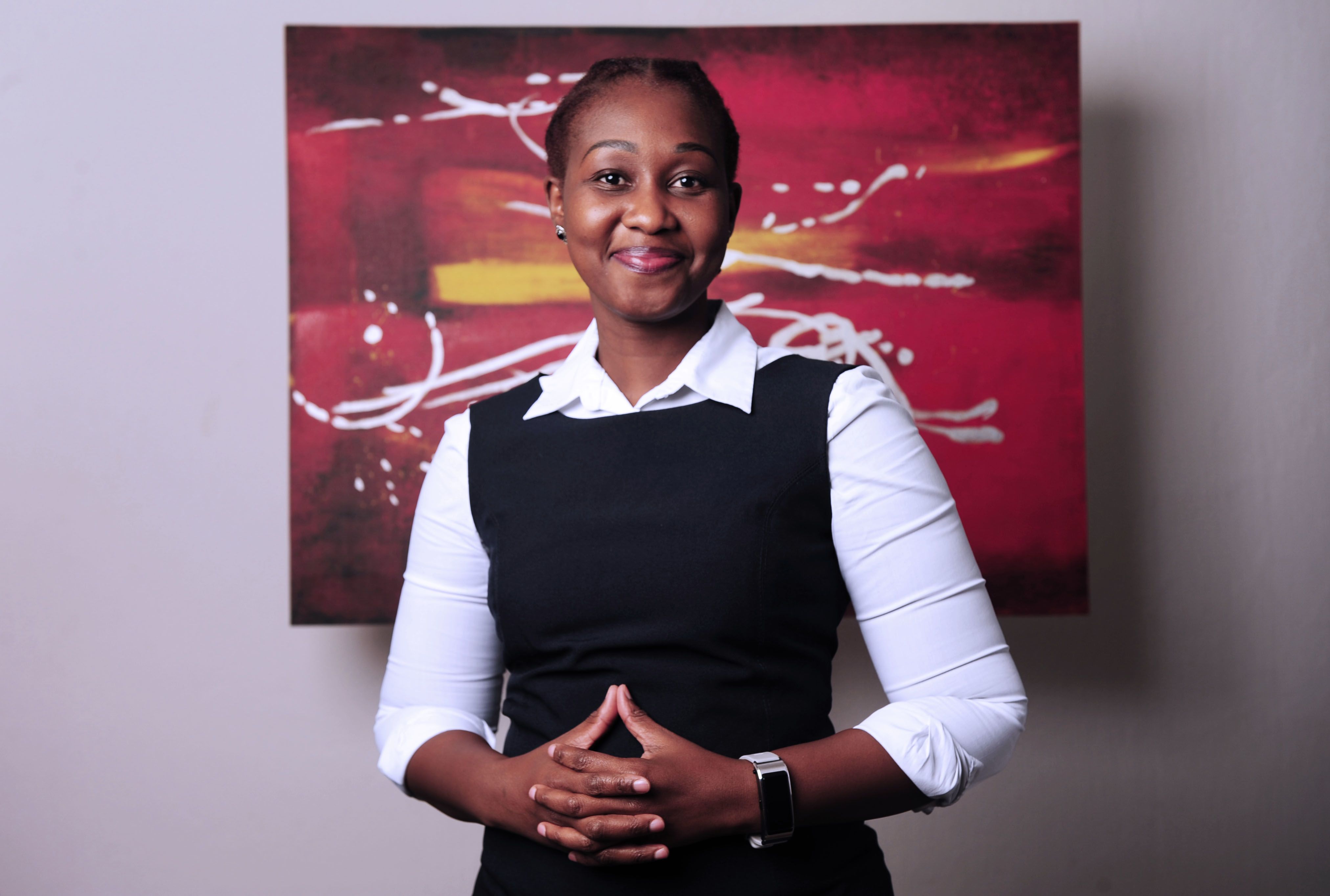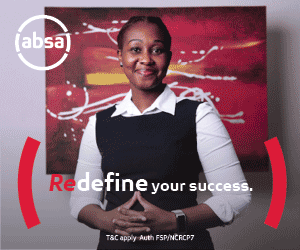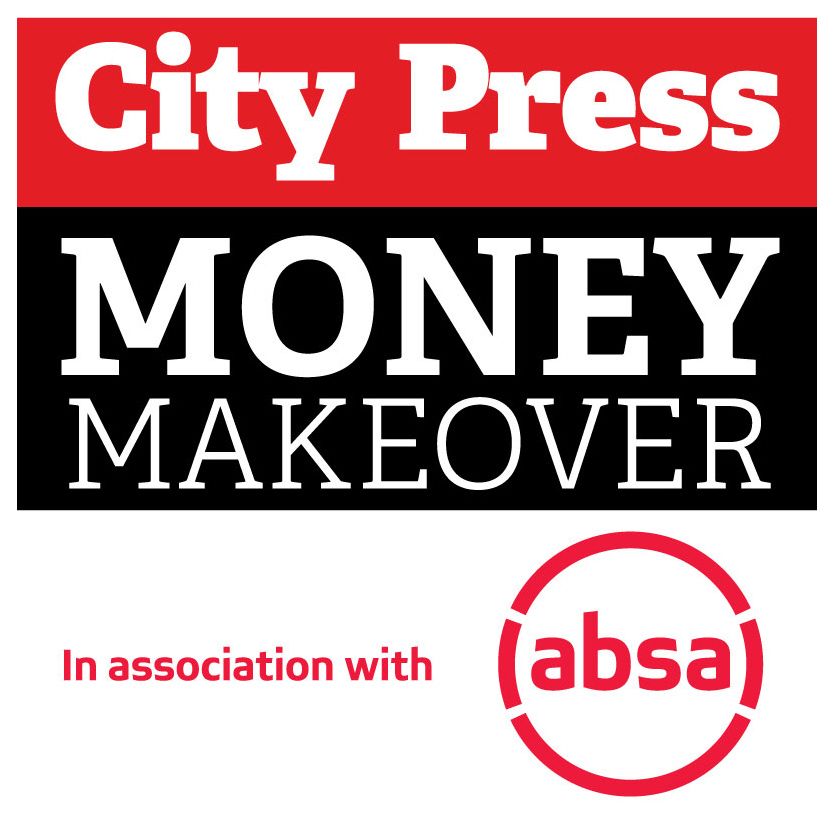Tax and multiple incomes
Side hustles and multiple income streams are the order of the day as the cost of living continues to rise. Setting aside the correct amount of money to cover your tax obligation can prevent a nasty shock later, as Zinzy learnt, writes Maya Fisher-French

As economic times become more challenging and salaries are insufficient to keep up with the rising cost of living, an increasing number of South Africans are relying on multiple streams of income.
They are entrepreneurs with multiple businesses such as township entrepreneur Mpho and full-time employees who have a side hustle such as Sanet’s franchise business, or they may be earning an income as a contractor or freelancer such as lecturer Zinzy.
If you are earning multiple incomes, the first thing you need to be aware of is the possible impact this has on your taxable income. This is something that caught Zinzy unawares and resulted in a large tax bill from the SA Revenue Service (Sars).
Zinzy worked as a contractor for various universities prior to the Covid-19 lockdown in 2020. She earned an income from each employer who in turn deducted pay-as-you-earn (PAYE) tax.
Zinzy assumed that the PAYE the employers deducted was her full tax liability. When Sars sent her a notice that she owed R80 000 in tax, Zinzy thought it was an error by the revenue collector. What Zinzy did not understand was how the progressive tax system works.
As you earn more, the percentage of tax that you pay increases. This means higher income earners pay a larger percentage of their salary in tax than lower income earners.
For example, if you earn R250 000 a year, your marginal tax rate would be 26%. Based on this year’s tax tables, your employer would calculate your tax using R250 000 as your taxable income and deduct about R46 920* in tax per annum (R3 910 per month).
If, in addition, you worked for another employer, earning another R250 000, that employer would assume that this was your only income and apply the tax tables based on R250 000 taxable income. They would also deduct R46 920* in tax annually. The total amount of tax one would have paid between both employers would have been R93 840*.
However, when it comes to your annual tax return, your total taxable income is in fact R500 000 (R250 000 from employer one plus R250 000 from employer two). This means your marginal tax rate would in fact be 36%. Based on current tax tables, your tax liability would be R137 830* (R11 485 per month). As your employers had only paid R93 840 in total, this would result in an unpaid tax liability of R43 990 – a nasty shock when you submit your tax return.
(*To simplify the examples, the above tax calculations do not take into account the primary rebate of R16 425 or any other deductions. The calculation should be used for illustrative purposes only).
A freelancer or multiple income earner should calculate their total tax liability and make provision for this. If you earn multiple incomes, you need to check the tax tables available on the Sars website to understand how much additional tax you need to be putting aside. In the above example, if you are aware that you will face a shortfall of R43 990 for the year, you calculate what that would be per month (R3 665).
Every month you are paid, immediately put that money aside in a separate savings account. In this way you will have the funds available to meet your tax liability.
NEVER IGNORE SARS OR ANY CREDITOR
Zinzy faced multiple obligations when she joined Money Makeover. Her biggest challenge was that she found it difficult to face her financial problems and tended to ignore them.
Apart from not being aware of her tax liability, Zinzy’s mistake was ignoring the communication from Sars. This triggered penalties and interest on the outstanding amount, which nearly doubled her tax obligation.
“During the Covid-19 lockdown, I lost my contract work. As I could not make any payments to Sars, I ignored its requests,” admits Zinzy.
However, Sars has extensive powers and ability to collect on outstanding tax liabilities.
Once she found full-time employment, Zinzy was surprised to discover that Sars immediately deducted R2 600 from her salary each month as a garnishee order. Ignoring Sars is simply not an option. As part of her Money Makeover Challenge, Zinzy engaged with Sars to understand her full tax obligation and how long it would take to settle it fully. She has also allocated her tax refund to paying off the outstanding balance.
Apart from her tax bill, Zinzy had outstanding car finance and a rates bill with the City of Joburg for her property. All these debts felt overwhelming, and it was just easier to ignore them.
However, with the support of Absa financial adviser Phumzile Dube, who Zinzy calls her “financial therapist”, she made adjustments to her budget to find additional cash flow and approached her creditors to make arrangements.
In all the cases, Zinzy found her creditors open to negotiation. Creditors understand that people face difficult times, especially since the economic hardships caused by the pandemic. However, they still require some communication from their customers to come to some arrangement.
Even if you cannot pay the full amount, by agreeing to a partial payment, you can prevent legal action being taken against you. Once legal action has been taken, it is more difficult to negotiate a settlement.
“The biggest lesson I have learnt is not to bury my head in the sand but to call and communicate with people. What surprised me was how I was treated by the car finance people. In my mind I believed it was just a big corporation out to get me, but I dealt with a woman who treated me like a person and was prepared to help me,” says Zinzy.
“When I started the Money Makeover Challenge, I did not think it was possible to find the money to meet my obligations. I was able to find extra money by relooking my budget. The biggest surprise has been that I was able to redirect my money without feeling the pinch. There are creative ways to still make sure I have my necessities and even luxuries,” says Zinzy, who now has an agreement with her sister to babysit in exchange for a DStv subscription. She discovered that she could save R600 a month for her son’s swimming lessons if she took him to her local Virgin Active gym where she has a membership through her medical scheme.


USE A SIDE HUSTLE TO MEET YOUR FINANCIAL GOALS
If you have a side hustle, make sure it is helping you achieve your financial goals:
1Have a bank account for the business to keep it separate from your personal finances. If you keep treating your business as an emergency fund to pay for ad-hoc personal bills, it will be difficult to get a handle on your profitability.
2You can run the business as a sole proprietor without forming a Pty (Ltd). A low-cost bank account will suffice if the business turnover is less than R1 million.
3Consider hiring a bookkeeper if the business can afford it, or there are free accounting app options that can simplify your administration.
4Be aware of the tax implications. If your business is structured as a Pty (Ltd), it will have its own tax number and tax liability. However, if you run it as a sole proprietor – or just as a side hustle – then any profit would be added to your taxable income.
5Keep proper accounting records, as you can deduct all the business expenses from your income as well. This includes travel for deliveries, data and input costs.
6The most important thing to do with that extra cash is to have a goal for the profit you make, otherwise it just ends up in your household spending and you never feel the real benefit.
Whether you use it to pay off debt, start an investment or just use it as your holiday fund, make that side hustle work for you.by competitors?
If you really want to get your finances in order, you have to start tracking your spending. If you cannot commit to that, it is unlikely you will be able to reach your goals.
Follow the journey – and join in – @CPMoneyMakeover on Facebook and Twitter
Absa Enterprise Development assists SMEs with access to business development support, markets access and access to funding based on certain criteria’s being met. For further information on Absa Enterprise Development you can email ed@absa.africa
You can follow the story on social media #CPMoneyMakeover

Facebook: @CPMoneyMakeover

Twitter: @CPMoneyMakeover
Subscribe below for the Money Makeover Newsletter







